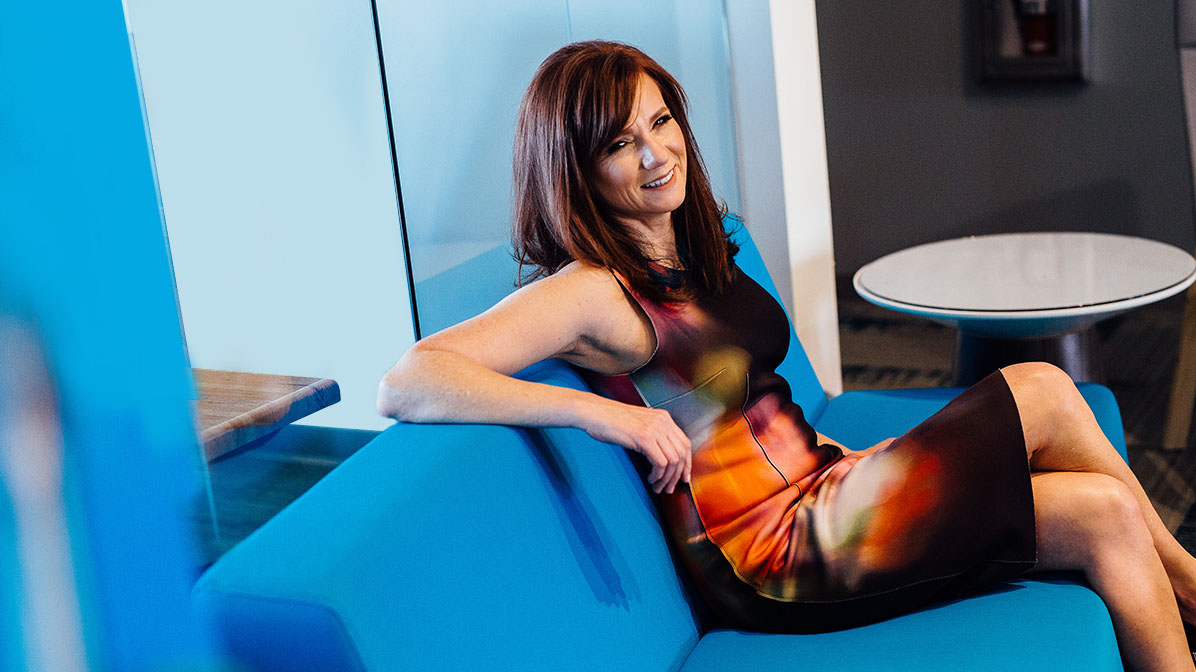
Thanks for your interest in Be Leaderly. While the www.beleaderly.com web site has now retired, Be Leaderly’s CEO Jo Miller continues to provide resources to help you lead, climb, and thrive at www.jomiller.com.
Click one of the buttons below to get started!